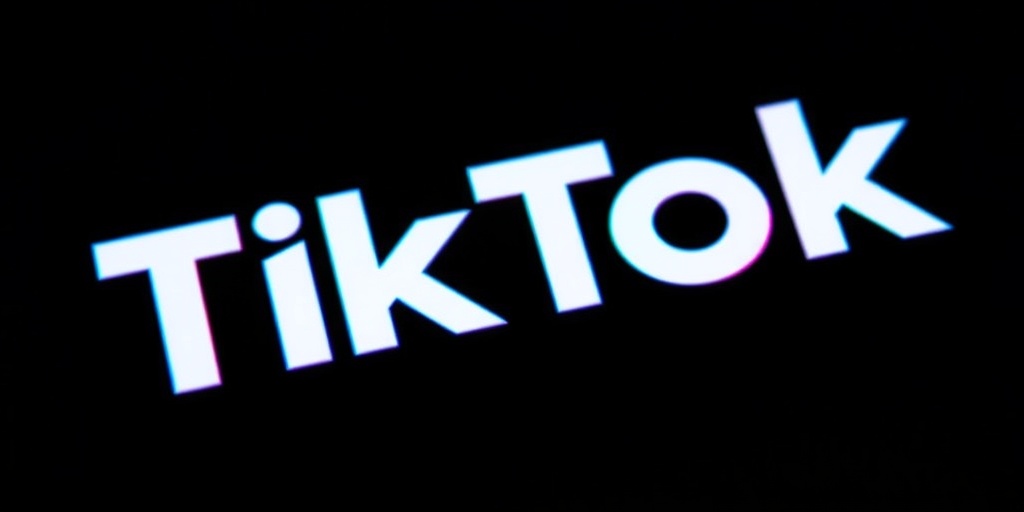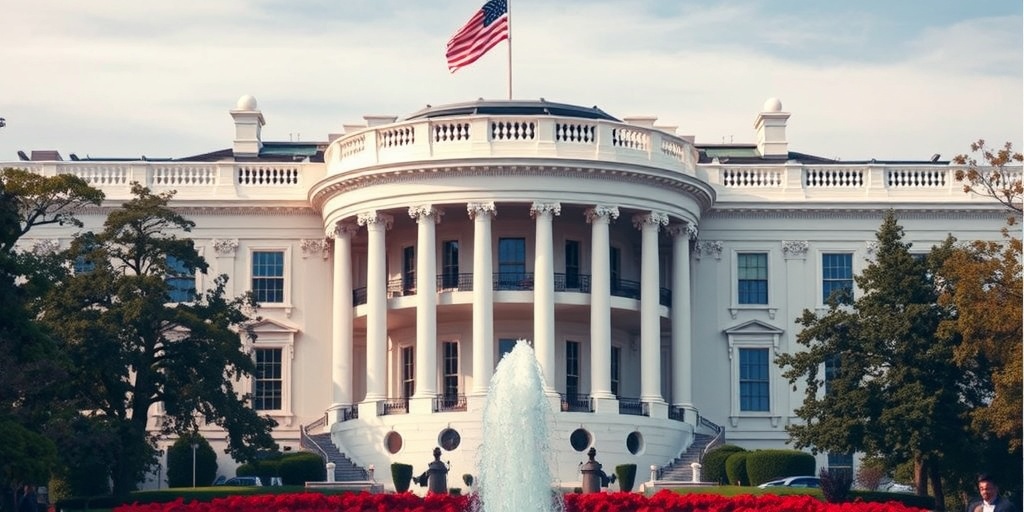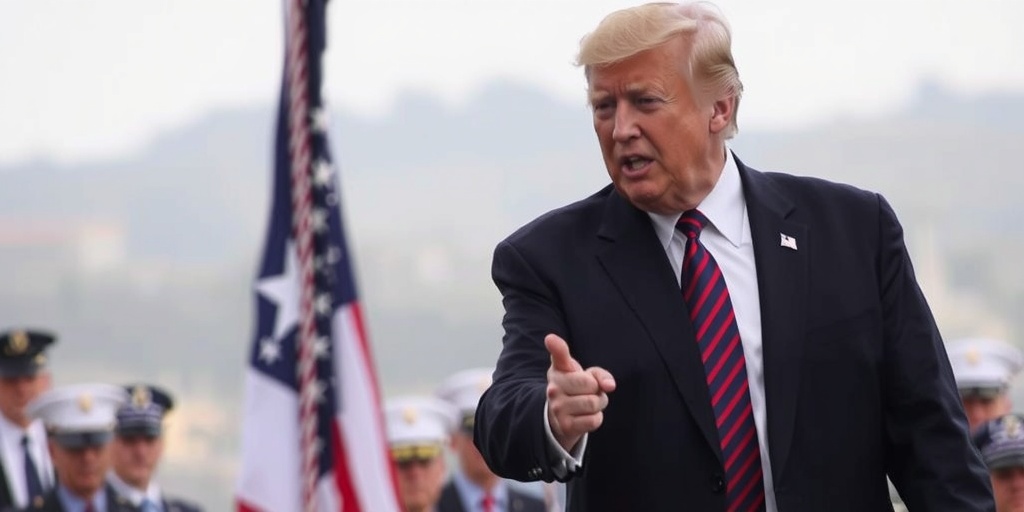Now Reading: Upcoming TikTok Deal Details Surface as Deadline Approaches
-
01
Upcoming TikTok Deal Details Surface as Deadline Approaches
Upcoming TikTok Deal Details Surface as Deadline Approaches

TikTok’s Future in the U.S. Remains Uncertain as Deadline Approaches for Sale or Ban
As the deadline looms for TikTok to be sold to a non-Chinese entity or face a potential ban in the United States, negotiations regarding the app’s future are intensifying. With only two days left until the April 5 deadline set by a federal law aimed at addressing national security concerns related to TikTok’s ownership by the Chinese firm ByteDance, the administration of President Trump is expected to unveil a plan by Saturday.
Vice President JD Vance indicated on Thursday that a decision regarding TikTok would come shortly. Last year’s legislation mandated that for national security reasons, TikTok must be divested or banned by early January; however, enforcement of this law was postponed by President Trump until the beginning of April. In a bid to find a solution, Trump convened a meeting with senior officials at the White House on Wednesday to explore transparent proposals concerning TikTok’s future.
While a number of potential buyers, including tech giant Amazon, have expressed interest in acquiring TikTok, the Trump administration seems to be considering a strategy that would allow the app to remain under partial Chinese ownership. Sources familiar with the negotiations, who requested anonymity, stated that the proposed plan could involve spinning TikTok out into a new entity with the attraction of American investors. This move would aim to dilute the influence of its Chinese stakeholders.
Among the financial giants reportedly mulling investment opportunities in TikTok are private equity behemoth Blackstone and venture capital firm Andreessen Horowitz. There are also indications that Silver Lake, another major private equity firm, might be interested. The current investors, including Susquehanna and General Atlantic, are expected to retain equity in TikTok. Additionally, Oracle, which is responsible for processing and managing TikTok’s user data, may continue to play a critical operational role in overseeing data management.
The ongoing negotiations have become a hallmark of TikTok’s experience in America, as the platform has repeatedly navigated regulatory scrutiny while becoming an essential part of American digital culture, boasting more than 170 million users. Despite its significant traction, TikTok’s future remains shrouded in uncertainty.
Neither TikTok nor Silver Lake provided comments on the ongoing discussions, while Andreessen Horowitz declined to address the matter. A spokesperson for the White House confirmed that any announcements related to TikTok would come directly from President Trump and withheld any additional details.
Several key elements of the potential deal, however, remain ambiguous. A central question is the fate of TikTok’s highly sought-after algorithm. Some sources have suggested that the newly formed entity might license the algorithm from ByteDance. However, the existing law stipulates that a new TikTok entity cannot engage in any form of collaboration with ByteDance, particularly regarding the operational management of its content recommendation algorithm or data sharing.
Jim Secreto, a former counselor for investment security at the Treasury Department who contributed to the Biden administration’s policies on TikTok, emphasized the necessity of operational separation between the new entity and China to address national security apprehensions. He remarked, "Congress mandated that, for national security purposes, there has to be an operational severing between China, this new entity, and the algorithm."
TikTok, having spent the past year contesting the legislative mandate in court, maintains its position that it is not for sale, citing the likelihood of the Chinese government blocking any transaction. Recently, Trump hinted at the possibility of easing upcoming tariffs on China in exchange for the Chinese government’s support for a deal regarding TikTok’s sale. However, the Chinese government’s current stance on TikTok’s potential sale remains unclear.
The legal uncertainties entwined in the ongoing negotiations have prompted some investment firms interested in TikTok to seek indemnifications for their commitments. With Congress having passed the TikTok law through a rare bipartisan effort, there is skepticism regarding whether lawmakers would support the deal that the Trump administration is pursuing.
Expressing his concerns, Senator Josh Hawley, a Republican from Missouri, publicly questioned the viability of a deal that would allow the app’s recommendation algorithm to remain under Chinese control. He stated, "If you can get a deal to sell the company while adhering to the statutory requirements, that would be excellent. But if this is not achievable, then enforcement of the statute should be prioritized, leading to a ban on TikTok. The middle ground approach is not sustainable."
As the deadline approaches, the fate of TikTok hangs in the balance, with many anticipating a decisive announcement from the Trump administration, which could reshape the app’s future in the United States.
Stay Informed With the Latest & Most Important News
Previous Post
Next Post
-
 01New technology breakthrough has everyone talking right now
01New technology breakthrough has everyone talking right now -
 02Unbelievable life hack everyone needs to try today
02Unbelievable life hack everyone needs to try today -
 03Fascinating discovery found buried deep beneath the ocean
03Fascinating discovery found buried deep beneath the ocean -
 04Man invents genius device that solves everyday problems
04Man invents genius device that solves everyday problems -
 05Shocking discovery that changes what we know forever
05Shocking discovery that changes what we know forever -
 06Internet goes wild over celebrity’s unexpected fashion choice
06Internet goes wild over celebrity’s unexpected fashion choice -
 07Rare animal sighting stuns scientists and wildlife lovers
07Rare animal sighting stuns scientists and wildlife lovers





















